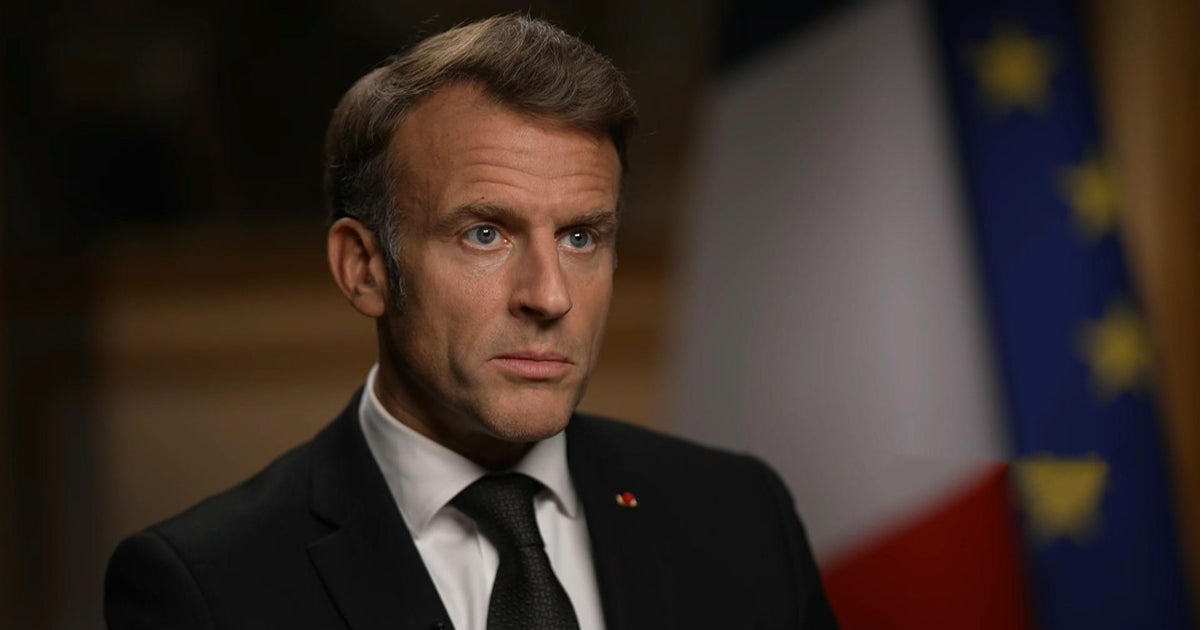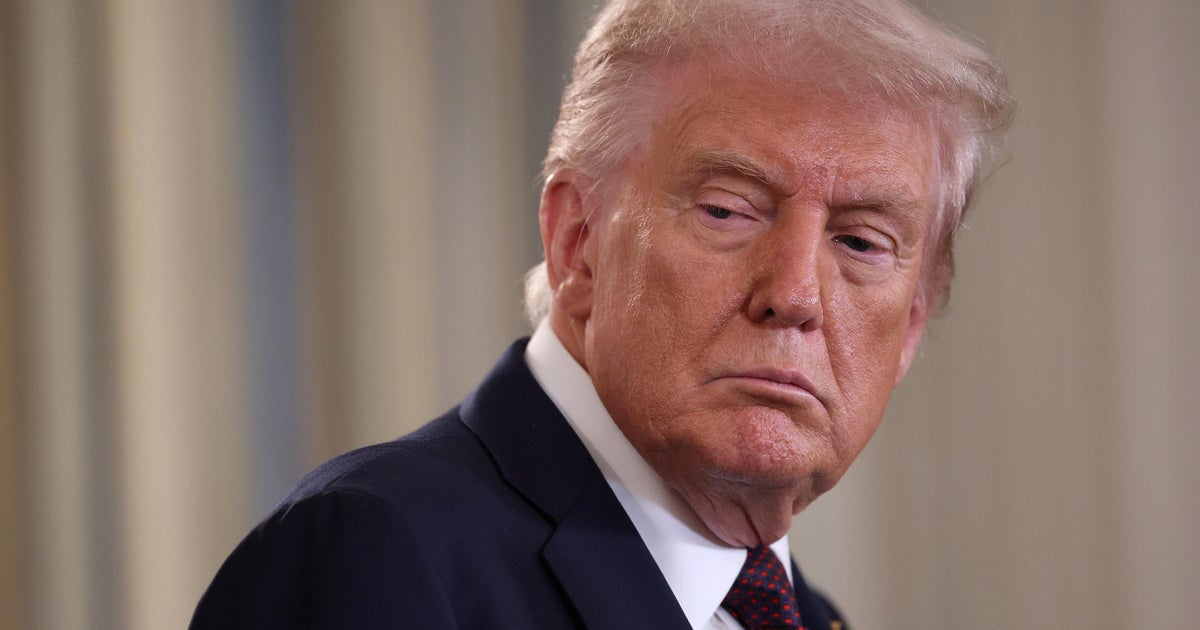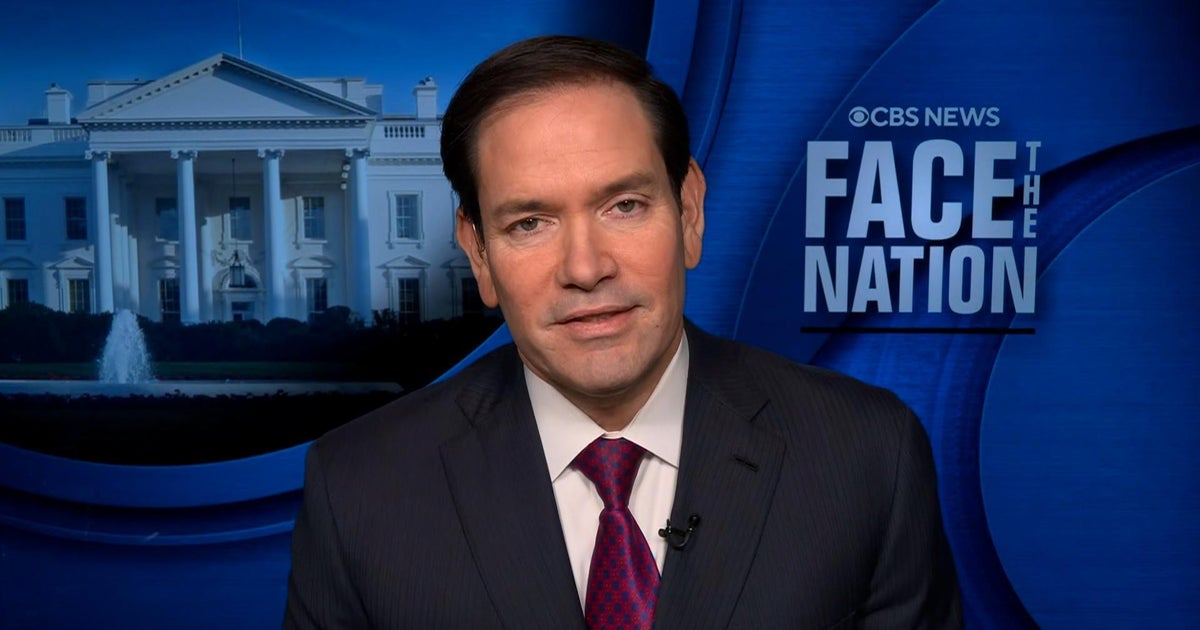French President Emmanuel Macron said it was out of line for Charles Kushner, the U.S. ambassador to France and the father of President Trump’s son-in-law Jared Kushner, to publicly accuse him of taking insufficient action to combat antisemitism, and for him to link France’s foreign policy positions to domestic incidents of violence against Jews in France.
In a letter he published in the Wall Street Journal to Macron in August, Kushner wrote that he had “deep concern over the dramatic rise of antisemitism in France and the lack of sufficient action by your government to confront it.”
“Public statements haranguing Israel and gestures toward recognition of a Palestinian state embolden extremists, fuel violence, and endanger Jewish life in France,” he wrote, urging Macron to “enforce hate-crime laws without exception; ensure the safety of Jewish schools, synagogues and businesses, prosecute offenders to the fullest extent; and abandon steps that give legitimacy to Hamas and its allies.”
In an interview with “Face the Nation” moderator Margaret Brennan on Thursday in Paris, Macron called Kushner’s criticism a “mistake” and an “unacceptable statement for somebody who is supposed to be a diplomat.”
“This is unacceptable,” he said.
Macron said a French ambassador would never be allowed to make similar public remarks about another country because it would risk diplomacy with those nations.
“So either you are a person who wants to express freely,” Macron said. “If you are a diplomat, you have to follow the rule of diplomacy. … The [American] taxpayer money is not properly used to finance this kind of statement.”
France’s foreign ministry summoned the ambassador last month in a formal rebuke. The French ministry said Kushner’s claims “run counter to international law,” citing the “obligation not to interfere in the internal affairs of states” in the 1961 Vienna Convention of Diplomatic Relations.
Kushner also wrote that “anti-Zionism is antisemitism — plain and simple.”
The State Department said at the time in a statement to the Associated Press, that Kushner “is our U.S. government representative in France and is doing a great job advancing our national interests in that role.”
He told Brennan, “I was the first president in France to adopt the definition of antisemitism, making it the equivalent of anti-Zionism.”
Macron firmly rejected the notion that his objections to the killing in Gaza or his call for the creation of a Palestinian state is inherently antisemitic or puts at risk French Jews. He argued “it doesn’t mean that you are not allowed to be in disagreement with the government of Israel.” Disagreeing with Israeli Prime Minister Benjamin Netanyahu “doesn’t make me an antisemitic,” he said.
Netanyahu accused Macron of fueling antisemitism after the French president announced France would recognize Palestinian statehood at the United Nations General Assembly in New York.
The high-level gathering of world leaders and their representatives, and other countries, including the U.K., Australia and Canada, also plan to join France in recognizing Palestinian statehood.
, including a ceasefire between Israel and Hamas, Hamas releasing the remaining hostages it’s held since its Oct. 7, 2023 attack on Israel and the restoration of humanitarian aid to Gaza. Those conditions would have to be met before France opens an embassy there, Macron said. The second phase involves Gaza’s reconstruction and governance and the third phase focuses on a two-state solution.
“Recognizing the Palestinian state today is the only way to provide a political solution to a situation which has to stop,” Macron said.




